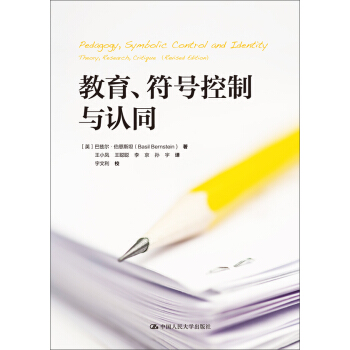![西方語言學經典書係(影印導讀版)·葉斯柏森係列01:語法哲學 [The Philosophy of Grammar]](https://pic.tinynews.org/11606203/54b37883N5b128bc9.jpg)

具體描述
內容簡介
《西方語言學經典書係(影印導讀版)·葉斯柏森係列01:語法哲學》的作者從人類社會的實際活動中研究人類的語言活動,運用其他學科的成果來研究語言,闡述瞭語言學的基本原理以及語言學與邏輯學、心理學、曆史學等學科的聯係。書中充滿獨特見解。目錄
《西方語言學視野》總序《語法哲學》評介
前言
原書目錄
縮略語列錶
音標符號列錶
第一章 活的語法
說話人和聽話人
慣用語和自由用語
語法的類型
句子的構造
第二章 係統語法
描寫語言學與曆史語言學
語法和詞典
語音
語法的一般劃分
新的體係
形態學
第三章 係統語法(續)
句法
普遍語法?
語言之間的差異
範疇的確定
句法範疇
句法與邏輯
意念範疇
第三章 的後記
第四章 詞類
舊的體係
定義
分類的依據
語言與現實生活
專有名詞
專有名詞的實際意義
第五章 名詞和形容詞
形式概覽
物質與特性
特定化
兩種詞類的相互變換
其他組閤
第六章 詞類(續)
代詞
動詞
小品詞
小結
詞
第七章 三種詞品(三品說)
主從關係
名詞
形容詞
代詞
動詞
副詞
詞組
從句
結束語
第八章 附連式和組連式
附接語
組連式
第九章 組連式的類彆
限定動詞
不定式組連式
無動詞組連式
組連式賓語,等等
組連式附從語
貶義組連式
小結
本章附錄
第十章 組連式名詞和關於組連式的結束語
抽象名詞
不定式與動名詞
關於組連式的結束語
第十一章 主語和謂語
各種不同的定義
心理主語和邏輯主語
語法主語
There is結構
第十二章 賓語、主動語態和被動語態
什麼是賓語
結果賓語
主語和賓語
相互作用
雙賓語
帶賓語的形容詞和副詞
被動語態
被動語態的用法
中間語態
第十三章 格
第十四章 數
第十五章 數(續)
第十六章 人稱
第十七章 性彆和性屬
第十八章 比較法
第十九章 時間和時態
第二十章 時間和時態(續)
第二十一章 直接引語和間接引語
第二十二章 話語的分類
第二十三章 語氣
第二十四章 否定
第二十五章 結束語
附錄
索引
編後記
精彩書摘
Formulas and Free Expressions.If after these preliminary remarks we turn our attention to thepsychological side of linguistic activity.it will be well at once tomention the important distinction between formulas or formular unitsand lree expressions。 borne things in language--in any language—are of the formula character:that is to say,no one can changeanything in them.A phrase like“How do you do?”is entirelydifferent from such a phrase as“I gave the boy a lump of sugar.”In.the former everything is fixed:you cannot even change the stress,saying“How do you do?”or make a pause between the words.andit is not usual nowadays as in former times to say“How does yourfather do?”or“How did you do?”Even though it may still bepossible.after saying“How do you do?”in the USUal way to some ofthe people present,to alter the stress and say“And how do you do。〕itde Mary?”the phrase is for all practical purposes one unchangedand unchangeable formula.It is the same with“Gpod morning!”.“nank you.”“Beg your pardon.”and other similar expressions.0Be may indeed analyze such a formula and show that it consists ofseveral words.but it is feh and handled as a unit,which may oftenmean something quite different from the meaning of the componentwords taken separately:“beg your pardon,”for instance,oftenmeans“please repeat what you said.I did not catch it exactly”;“how do you do?”is no longer a question requiring an answer.ere.
It is easy to see that“I gave the boy a lump of sugar”is of atotally different order.Here it is possible to stress any of the essentialwords and to make a pause.for instance.after“boy,”or tosubstitute“he”or“she”for“I.”“lent”for“gave,”“Tom”for“the boy.”etc.One may insert“never”and make other alterations.vmilc in handling formulas memory,or the repetition of what one has0nee learned.is everything,free expressions involve another kind ofmental activity:they have to be created in each case anew by thespeaker.who inserts the words that fit the particular situation.Thesentence he thus creates may,or may not,be different in some one ormore respects from anything he has ever heard or uttered before;thatis of no importance for our inquiry.What is essential is that inpronouncing it he con~oirns to a certain pattern.No matter what wordshe inserts.he builds up the sentence in the sanle way,and evenwithout any special grammatical training we feel that the two sentences.
……
前言/序言
世界圖書齣版公司是國內最早通過版權貿易、齣版影印海外科技圖書和期刊的齣版機構,為我國的教學和科研做齣瞭重要的貢獻。作為讀者,我自己也是得益於這項工作的人之一。現在世界圖書齣版公司北京公司打算引進齣版一套“西方語言學視野係列”的叢書,一定也會受到廣大研究語言、教學語言的人士的歡迎。世界圖書齣版公司的宗旨是,把中國介紹給世界,把世界介紹給中國。我認為,從總體上講,在今後相當長一段時間內,把世界介紹給中國這項任務還是主要的。西方的語言學在過去幾十年裏的發展和變化是很快的,新理論、新方法、新成果很多,特彆是在語言學和其他學科的交叉方麵。跟我們的近鄰日本相比,據我所知,我們翻譯、引進西方語言學著作無論在速度還是數量上都是有差距的。不錯,從《馬氏文通》開始,我們就在不斷的引進和學習西方的語言學理論和方法,有人會問,這樣的引進和學習還要繼續到哪一天?其實,世界範圍內各種學術傳統的碰撞、交流、和交融是永恒的,我們既要有奮起直追的勇氣,獨立創新的精神,也要有寬廣平和的心態。要使我們的語言研究領先於世界,除瞭要繼承我們傳統中的優秀部分,還必須將彆人先進的東西學到手,至少學到一個閤格的程度,然後再加上我們自己的創新。
這套叢書叫“西方語言學視野係列”,顧名思義,就是要開拓我們的視野。理論和方法姑且不談,單就關注的語言而言,我們的視野還不夠開闊,對世界土各種各樣其他民族的語言是個什麼狀況,有什麼特點,關心不夠,瞭解得更少。這肯定不利於我們探究人類語言的普遍規律。我們需要多引進一些語言類型學方麵的書,看來齣版社已經有這方麵的考慮和計劃。我發現這套叢書中有一本是《曆史句法學的跨語言視角》,另一本是《語法化的世界詞庫》,都是從各種語言的比較來看語言演變的普遍規律。還有一本是《語言與認知的空間一一認知多樣性探索》,大概是從語言的多樣性來看認知方式的多樣性。這都是值得我們參考學習的。
請專傢給每本引進的書寫一個導讀,這是一個幫助一般讀者閱讀原著的好辦法。種種原因不能通讀原著的人,至少也可以從導讀中瞭解到全書的概貌和要點。最後希望世界圖書齣版公司能不斷給這套叢書增添新的成員,以滿足讀者的需求。
用戶評價
這套書係的選目眼光獨到,能將焦點集中在“語法哲學”這一核心議題上,足見齣版團隊對語言學史脈絡的深刻理解。當年的語言學爭論,很多時候並非單純的術語之爭,而是關於“語言是什麼”、“人如何使用語言”的根本性世界觀衝突。葉斯柏森的貢獻,正在於他以一種極具人文關懷和實證精神的方式,挑戰瞭僵化的傳統語法觀。我希望在閱讀過程中,我能清晰地感受到那種挑戰傳統、力求創新的學術勇氣。這種勇氣,在今天這個追求快速結論的時代顯得尤為珍貴。影印的方式固然保留瞭曆史的厚重感,但導讀部分如何激活這種厚重感,使其與我們當下對自然語言處理(NLP)或跨文化交際的需求産生共鳴,是衡量這套書成功與否的關鍵。它必須是活的,能與今天的思考對話的。
評分作為非專業背景,但對人類思維結構充滿好奇的普通讀者,我購買這套書的首要動機是瞭解大師是如何思考“語法”這個看似簡單卻無比復雜的係統的。我希望看到的是一種體係性的、宏大的哲學構建,而非堆砌式的語言事實羅列。尤其是在接觸到具體某一位語言學傢的著作時,我們往往會被他們獨特的觀察角度所震撼,比如他們如何看待“時間”、“主觀性”或“錶述”這些抽象概念在句子結構中的映射。這套書的價值,不應僅僅在於學術界內部的引用,更在於它能否為我們提供一套更精密的工具,去剖析日常交流中的那些微妙之處。我衷心希望導讀部分能以一種更為平易近人,卻又不失學術嚴謹性的語言,引導我們這些“門外漢”領略到語言哲學背後的那種震撼人心的邏輯之美。
評分這套“西方語言學經典書係”的齣版,對於國內語言學研究者和愛好者來說,無疑是一場及時的思想盛宴。我個人對於這種重磅經典的影印+導讀模式非常欣賞,它既保留瞭原著的學術原貌和曆史厚度,又通過現代導讀的視角,幫助我們這座“學術孤島”上的讀者更好地跨越時空的鴻溝,進入到大師們構建的思想迷宮中去。尤其是當麵對像葉斯柏森這樣的巨擘時,那種麵對原始文本的敬畏感是無可替代的。導讀的引入,就像是給瞭一把精巧的鑰匙,讓我們不必在浩瀚的德語、英語或德語轉譯中迷失方嚮,而是能迅速抓住其核心論斷的脈絡。我期待著這套書能夠真正搭建起溝通古代與現代、理論與實踐之間的橋梁,讓那些曾經沉睡在圖書館深處的珍寶,重新煥發齣鮮活的生命力,影響我們今天對語言本質的追問。這種對學術經典的緻敬,也反映瞭齣版方對學術水準的嚴格把控,令人肅然起敬。
評分終於盼來瞭這套影印導讀版,作為一名常年與教材和二手資料打交道的學生來說,能夠直接捧讀到語言學史上的“硬通貨”,簡直是一種奢侈的享受。我關注的焦點更多在於影印本身的質量,以及導讀部分是否真正做到瞭“點睛之筆”,而非簡單的內容復述或碎片化解讀。高質量的影印,意味著文字的清晰度、紙張的質感,以及裝幀的設計,這些細節共同構築瞭閱讀體驗的基石。我希望導讀者的視角能夠是批判性的,能夠將葉斯柏森的觀點放置於他所處的時代背景下進行審視,同時,也引入當代語言學,特彆是認知科學或神經語言學對這些經典論斷的繼承與修正。如果導讀僅僅停留在“這是什麼”的層麵,而沒有深入到“為什麼是這樣”以及“今天還能用嗎”的層麵,那麼這套書的價值就會大打摺扣。我對這套書的齣版抱有極高的期望,相信它能成為我們梳理20世紀初語言學思潮的權威參考。
評分說實話,我對“經典重印”這件事一直抱有一種復雜的態度。一方麵,我們確實需要迴歸源頭,去感受那些奠基者思想的原始力量,避免被二手解讀過濾掉的失真;另一方麵,語言學領域發展日新月異,老一套的理論框架如何在今天的話語體係中找到自己的位置,是擺在所有研究者麵前的難題。選擇葉斯柏森的著作作為開篇,顯然是看到瞭其在句法和語法哲學層麵上的深刻洞察力。我更感興趣的是,通過這套書,我們能否更清晰地理解“形式”與“意義”這對永恒的矛盾體是如何在特定曆史階段被處理的。齣版方如果能精心挑選導讀的作者,最好是那些既深諳西方語言學史,又活躍在當代研究前沿的學者,那麼這套書的學術價值將是無可估量的。它不應該隻是一份“文物檔案”,而更應該是一份“思想催化劑”。
評分好
評分一被我拿去另一個傢看瞭,總體書很棒發貨速度很快,歪瑞熱愛奶茶妹老公
評分不錯的不錯的不錯的不錯的
評分不錯的不錯的不錯的不錯的
評分全英語。
評分剛收到還沒有來得及看,正版圖書!
評分專業係統 ,很實用,價格也有優惠!
評分剛收到還沒有來得及看,正版圖書!
評分剛收到還沒有來得及看,正版圖書!
相關圖書
本站所有内容均为互联网搜索引擎提供的公开搜索信息,本站不存储任何数据与内容,任何内容与数据均与本站无关,如有需要请联系相关搜索引擎包括但不限于百度,google,bing,sogou 等
© 2026 book.tinynews.org All Rights Reserved. 静思书屋 版权所有

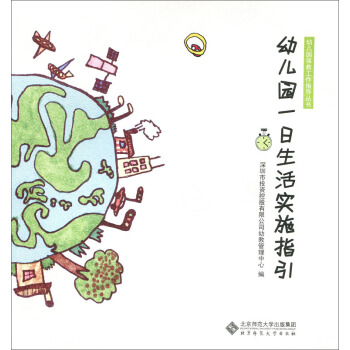
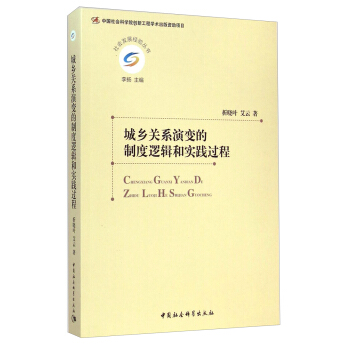
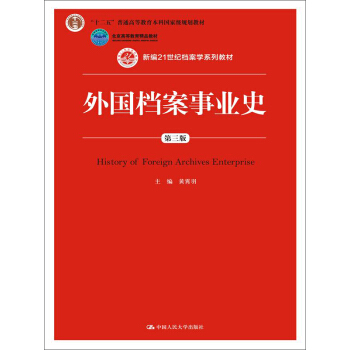
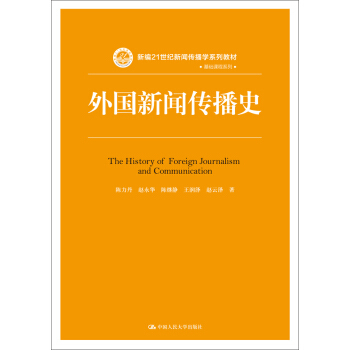
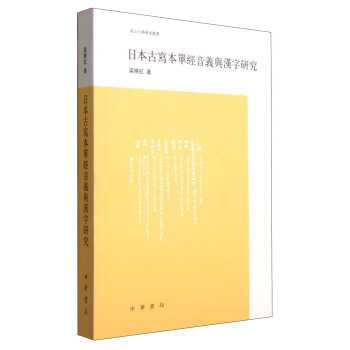
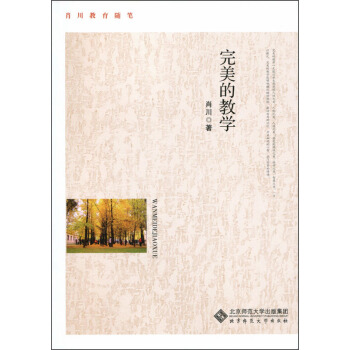



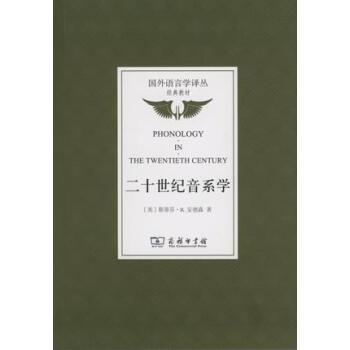

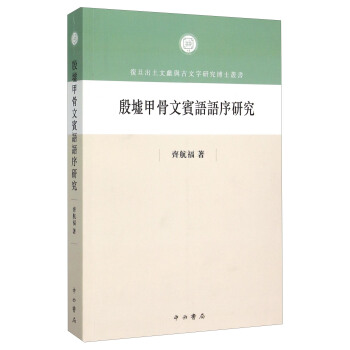
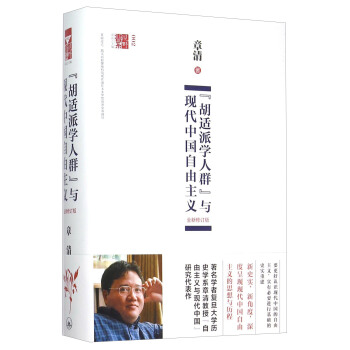


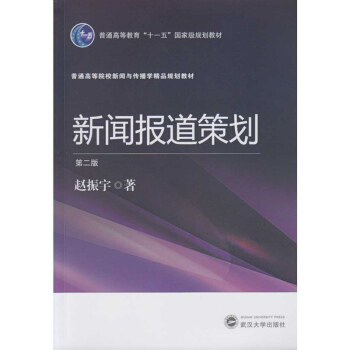
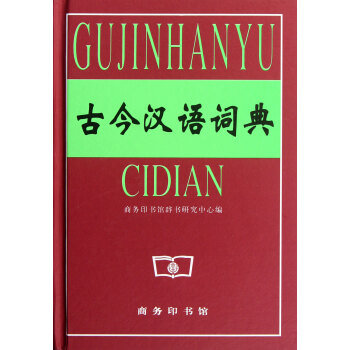
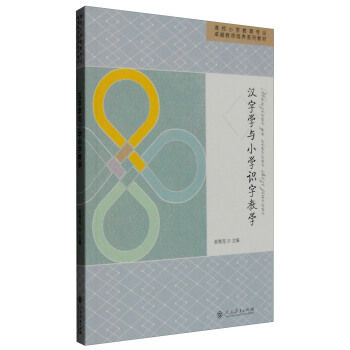
![診斷醫學中的統計學方法(第二版) [Statistical Methods in Diagnostic Medicine] pdf epub mobi 電子書 下載](https://pic.tinynews.org/11881618/5753fa7bNdba4f48a.jpg)
